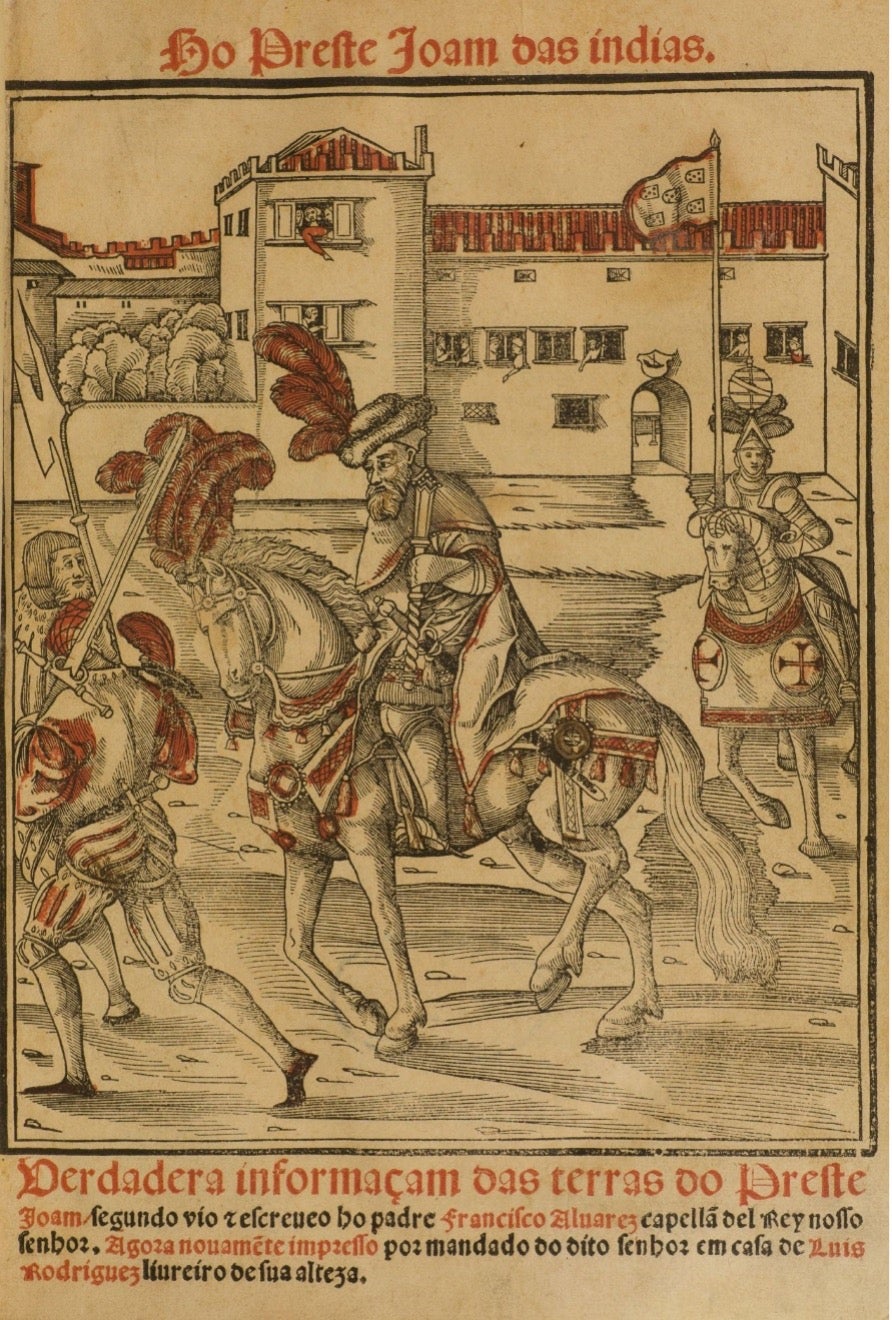Brazilian and Portuguese History and Culture: The Oliveira Lima Library

Brazilian and Portuguese History and Culture: The Oliveira Lima Library consists of over 5,700 items nearly evenly divided between those characterized as monographs and the rest as pamphlets (nomenclature is a question of length: monographs have more than 50 pages). It is somewhat unusual for a personal library to be digitized and marketed for scholarly purposes, but the original library of over 60,000 printed works (plus more than 700 manuscripts and family papers) created by the critic, journalist, historian (he wrote over 20 books) and diplomat Manoel de Oliveira Lima (1867-1928), while highly diverse in its subject matter, is one of the finest collections of Luso-Brazilian materials outside of a handful of great public institutions, such as the Biblioteca Nacional do Brasil.
The collection provides a broad array of works documenting Brazilian history, from the Portuguese colony of the 16th century (the earliest imprint is dated 1540) into the 20th century, while it contains hundreds of works in French, English, and other European languages. Among its particular strengths are Portuguese chronicles of exploration; the history of the religious orders in the Portuguese world, especially works by and about Jesuits; the history of 19th-century Portugal and Brazil, covering slavery and abolition, immigration, the indigenous population, international relations, agriculture, economic development, public health, religion; and the complete works of a wide range of Portuguese and Brazilian writers.
Oliveira Lima, who was born under the Brazilian Empire and lived through the transition to a republic, embarked on a career that included literary and scholarly activities, writing and teaching, an intellectual motivated by the tenets of 19th century liberalism and the gospel of progress. He also identified as a germanophile. He grew up in Brazil and Portugal, but lived in a number of European and American cities, where he occupied Brazilian diplomatic positions. These included Washington, DC, where he decided to stay. In 1916 he donated his library to the Catholic University of America, where he became the library’s curator and a professor of international law. The collection continued to grow, even after his death in 1928. Access to the database greatly expands our sources for the study of Luso-Brazilian civilization, an area generally undercollected at Penn and other US research universities.
Date
February 19, 2021
